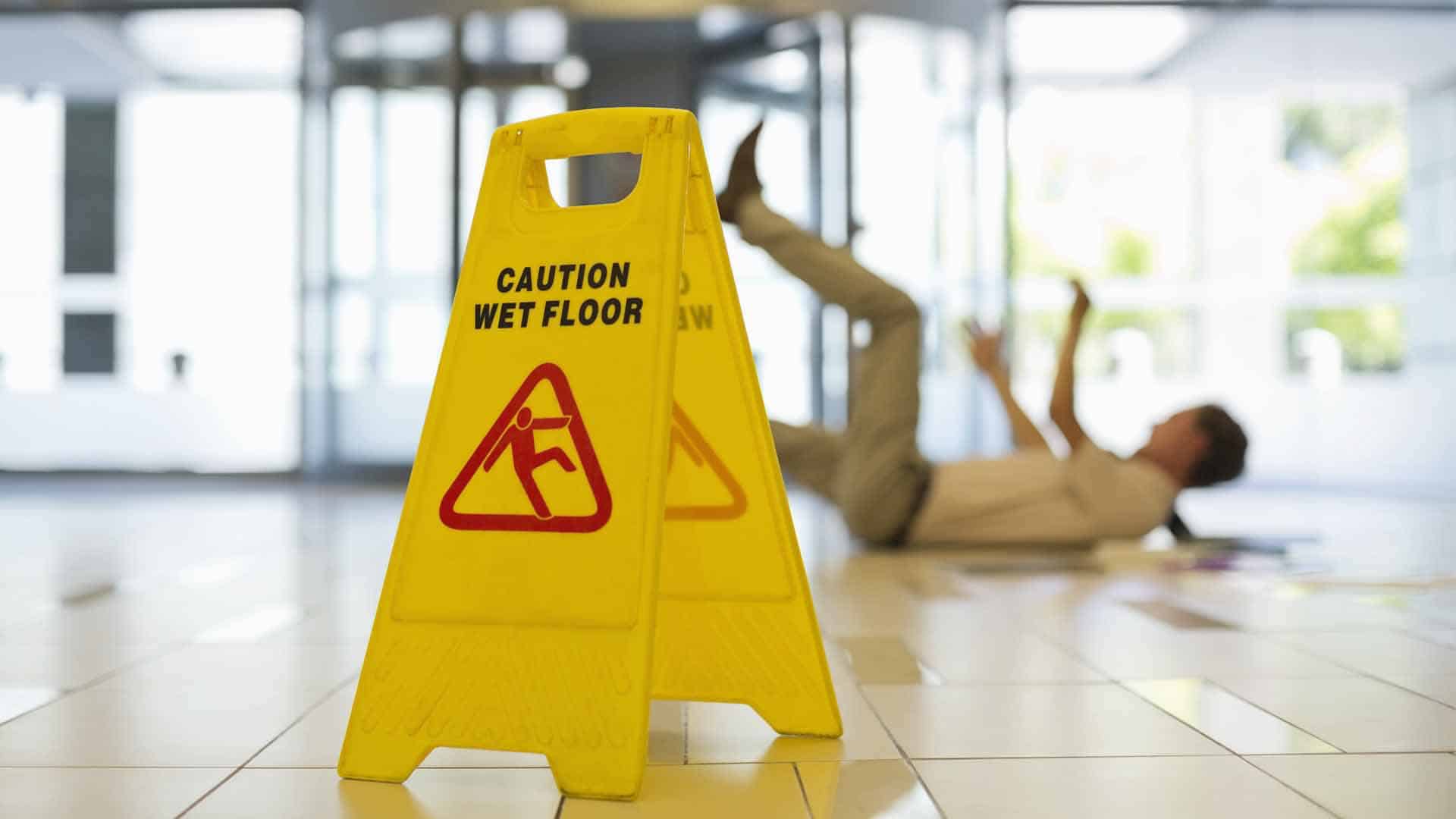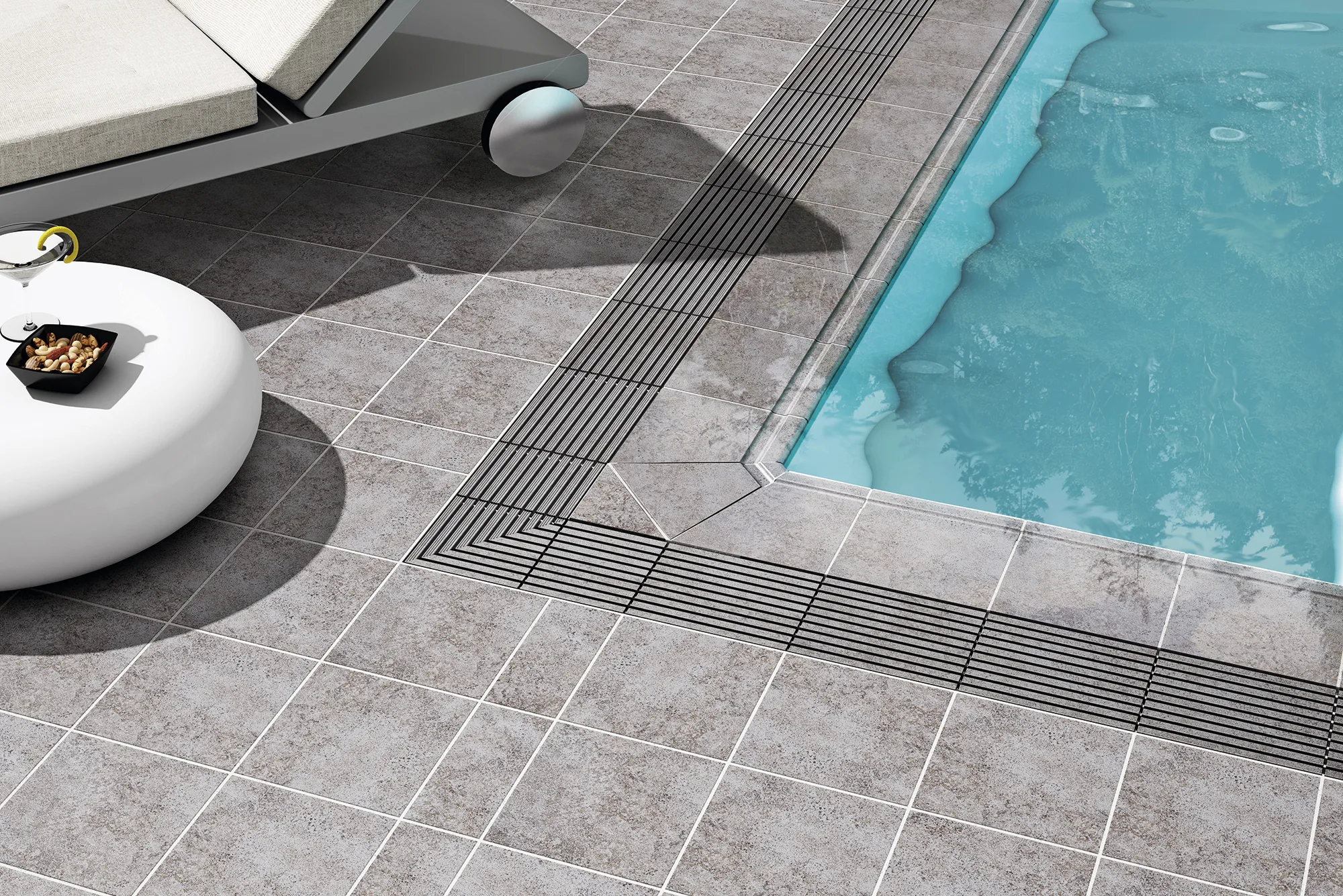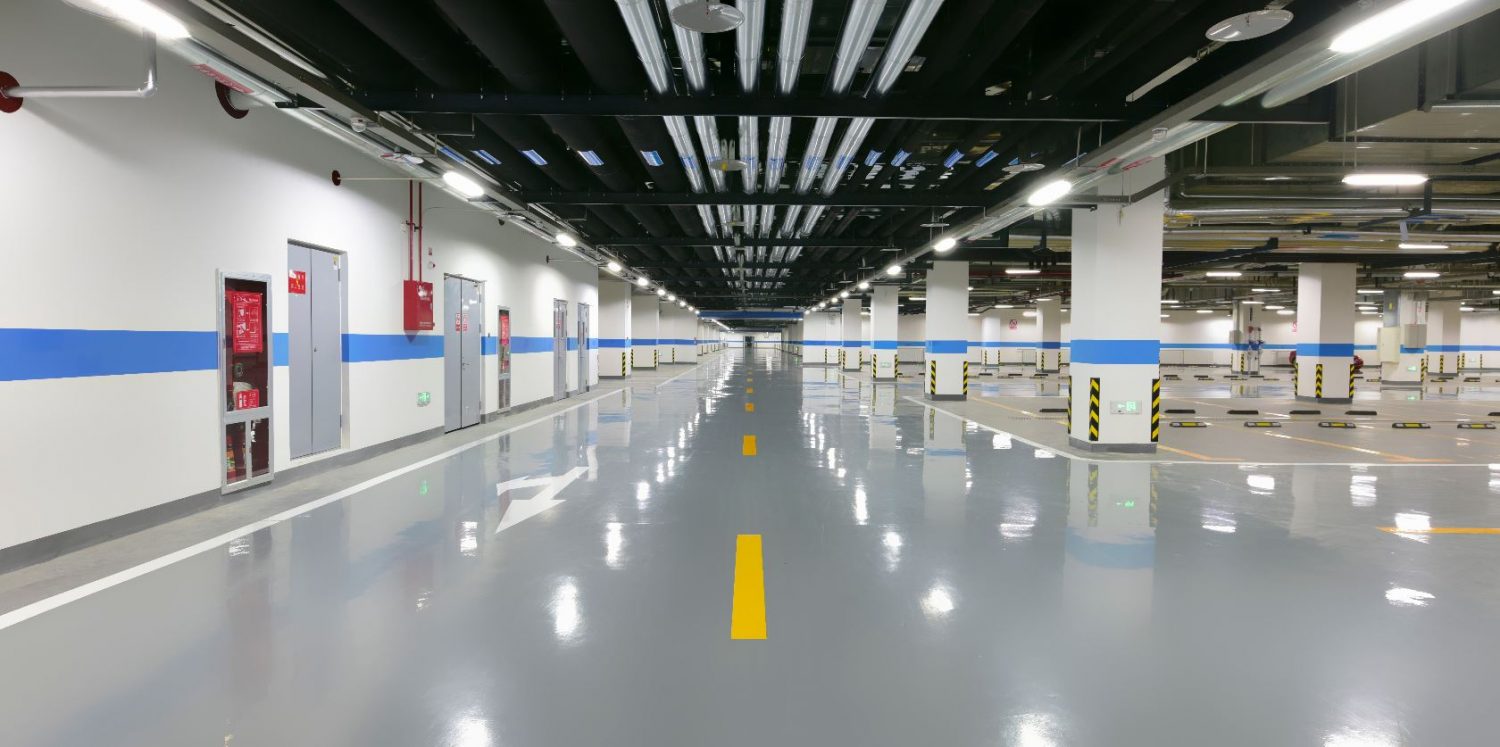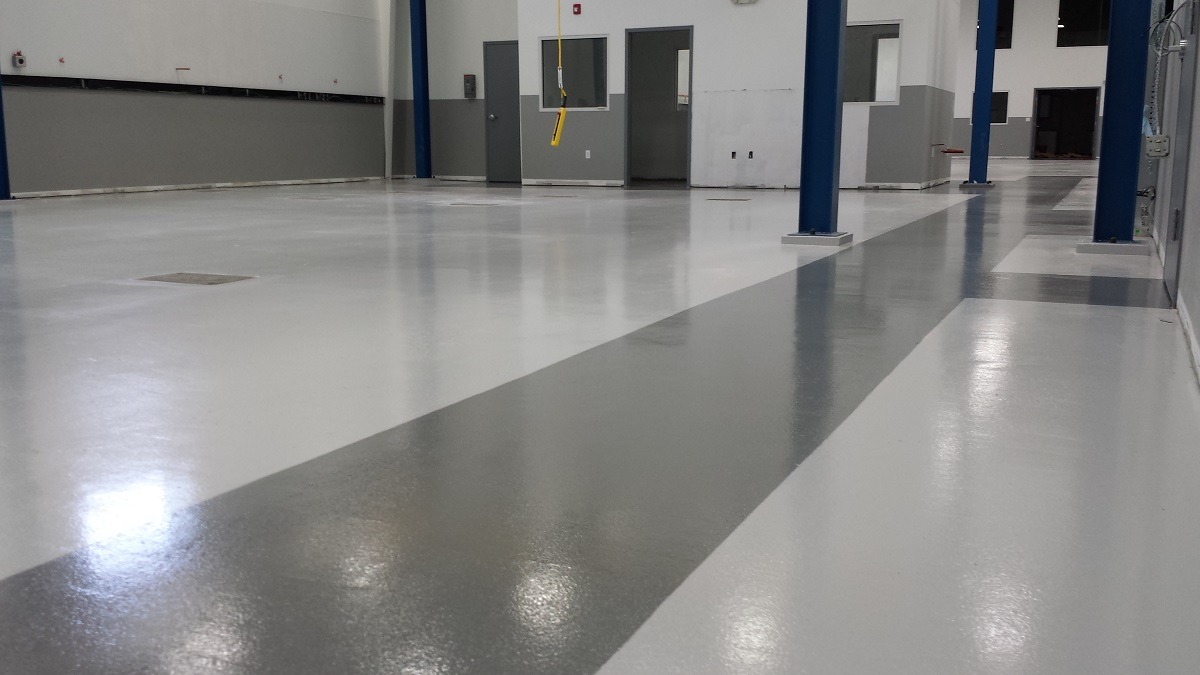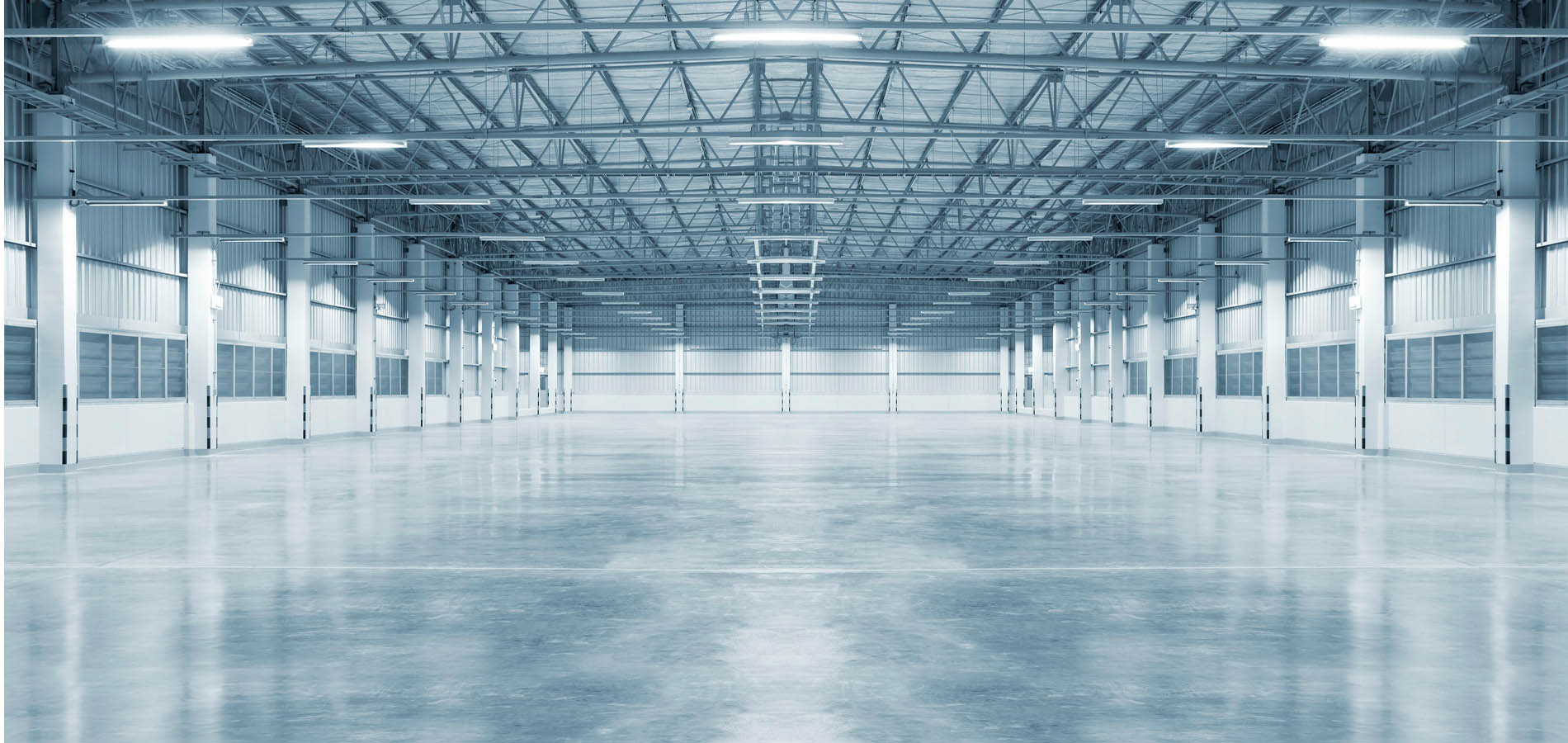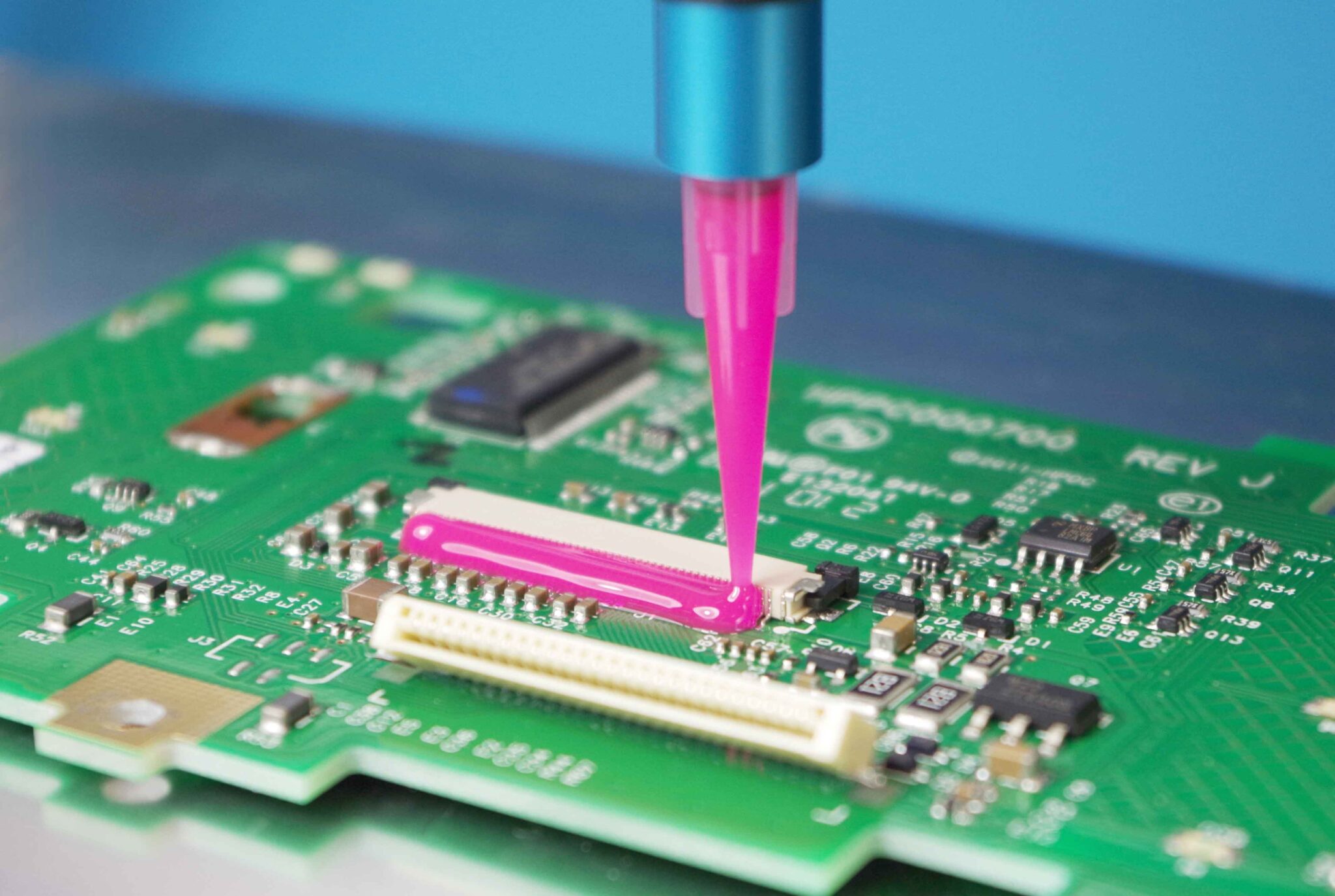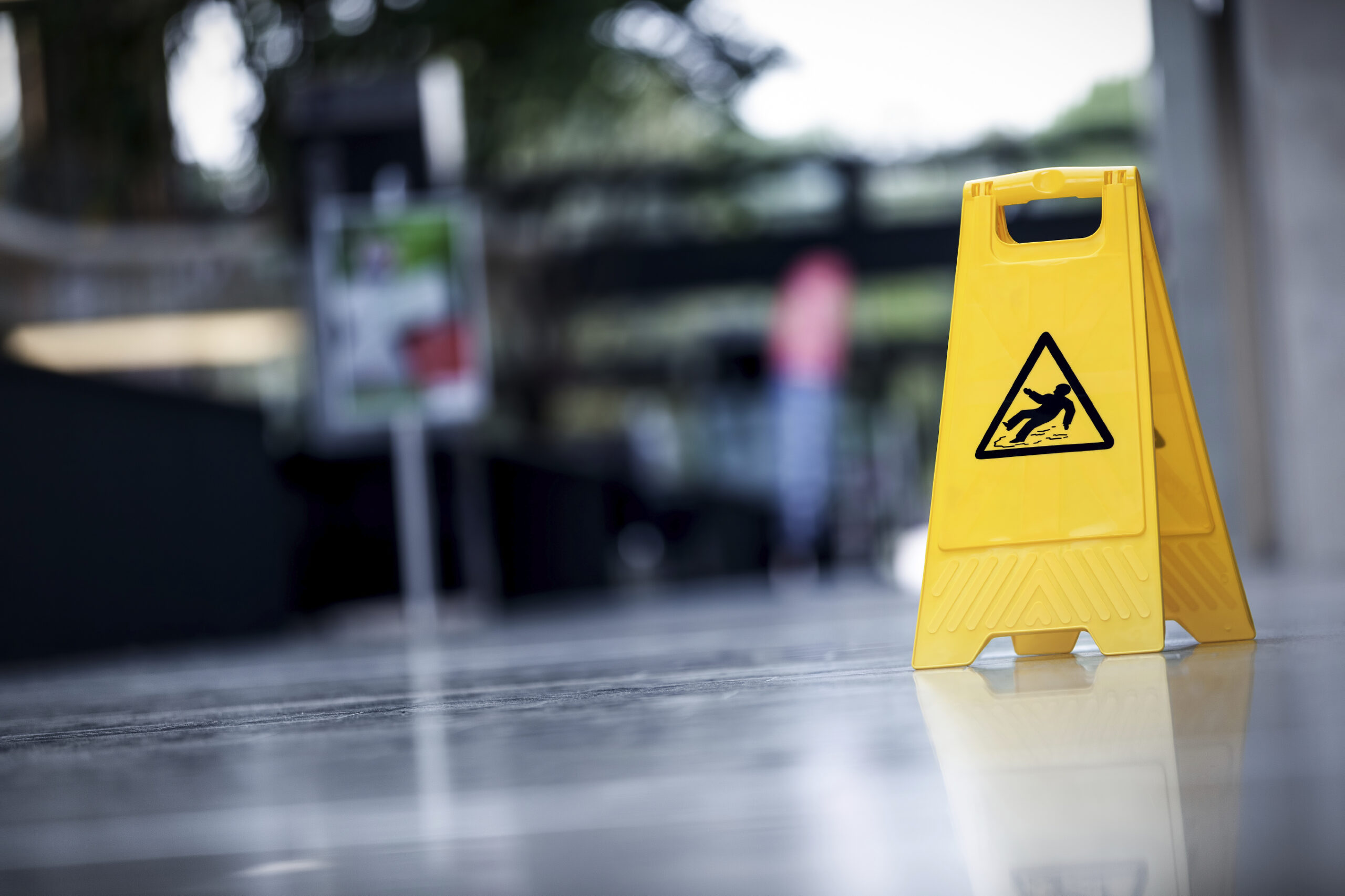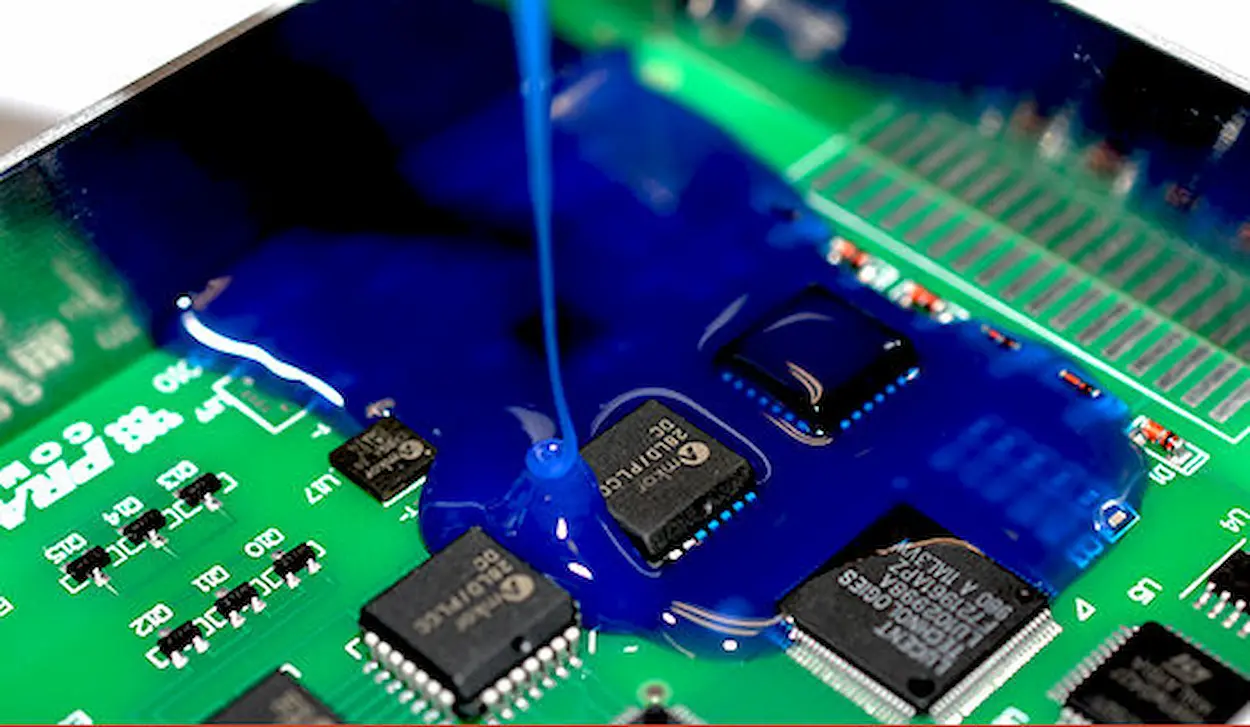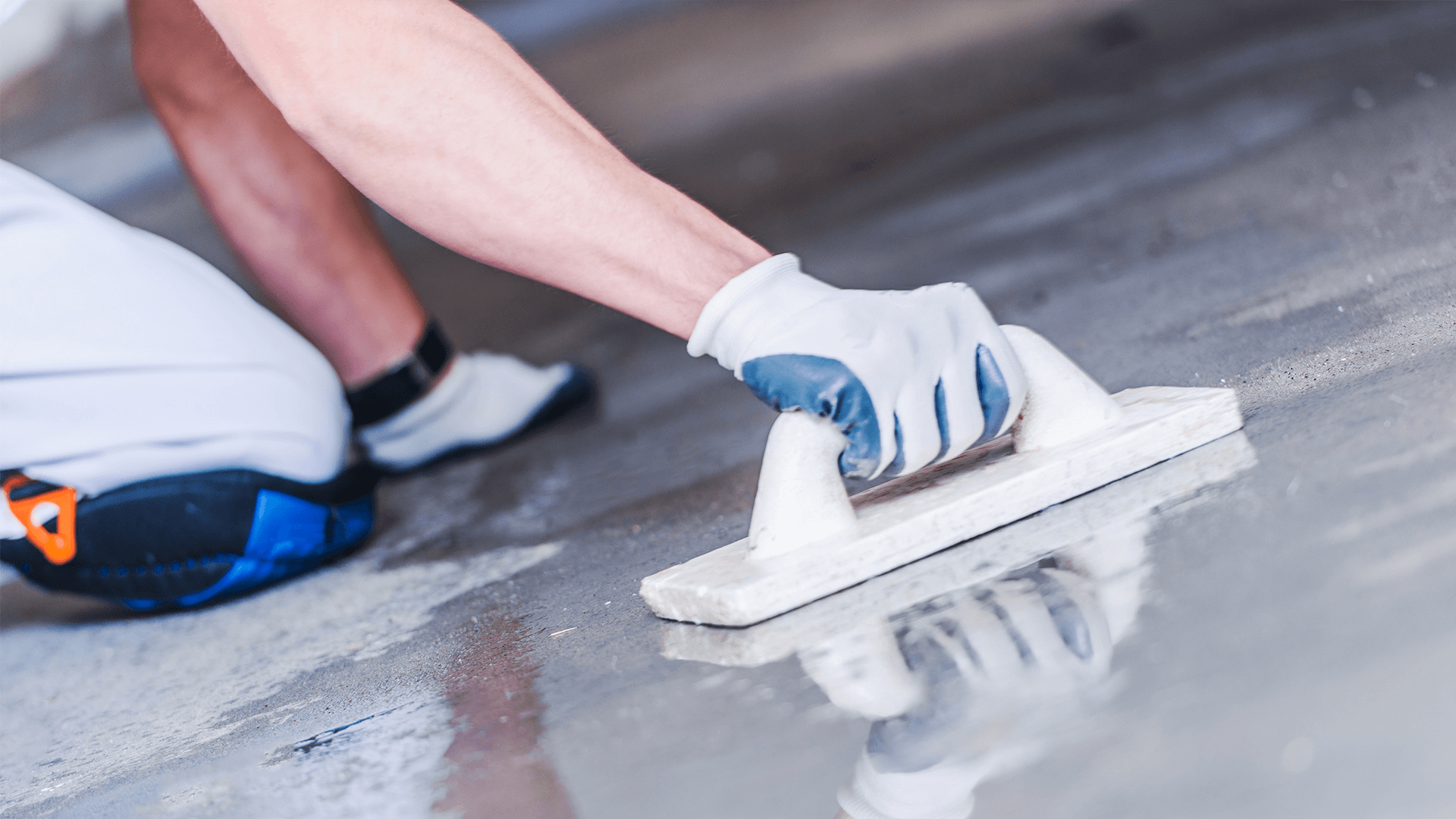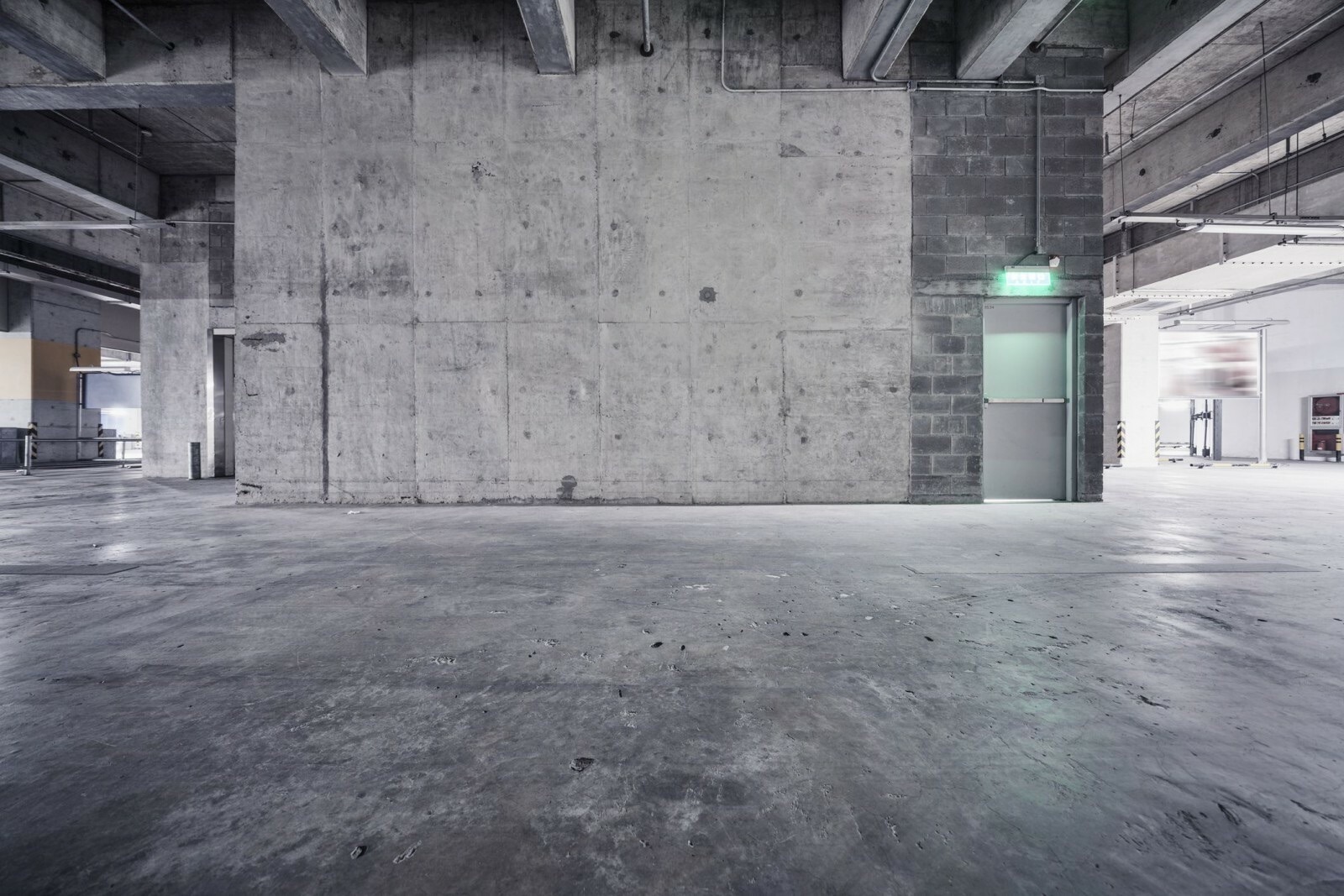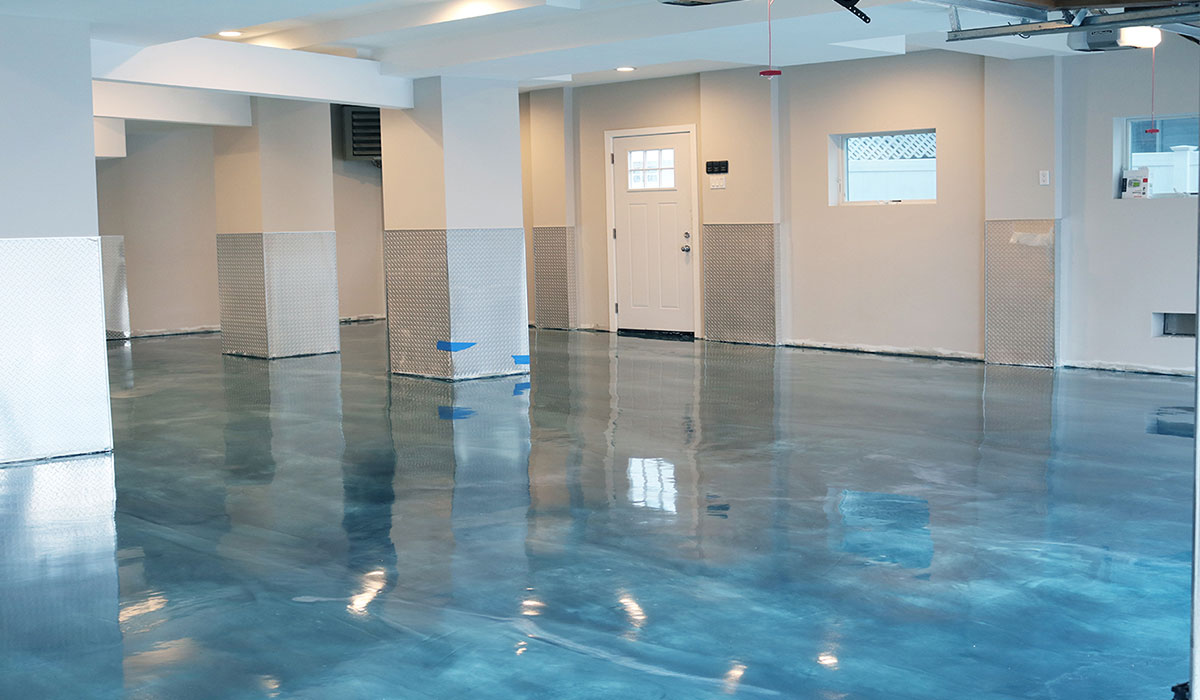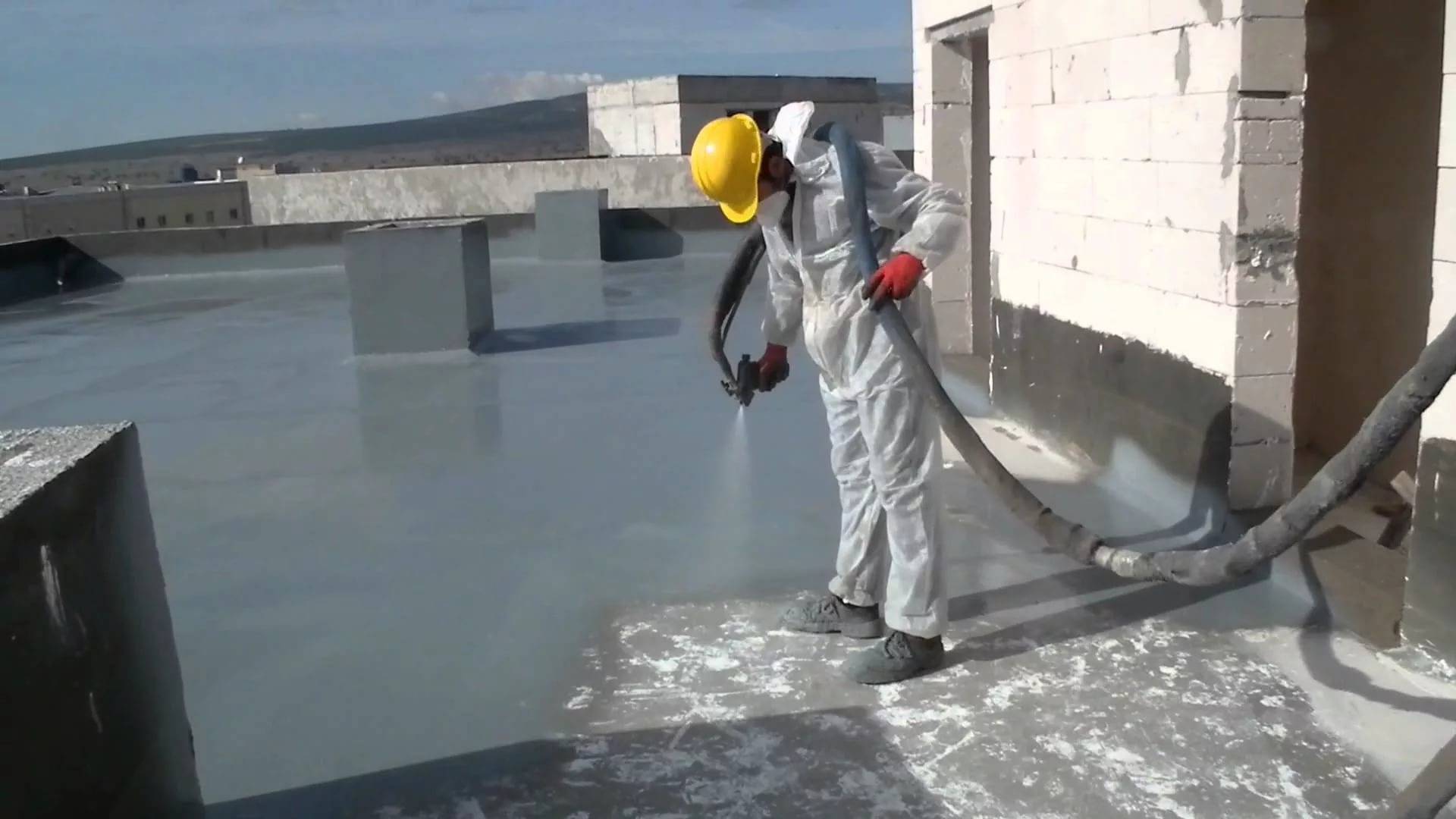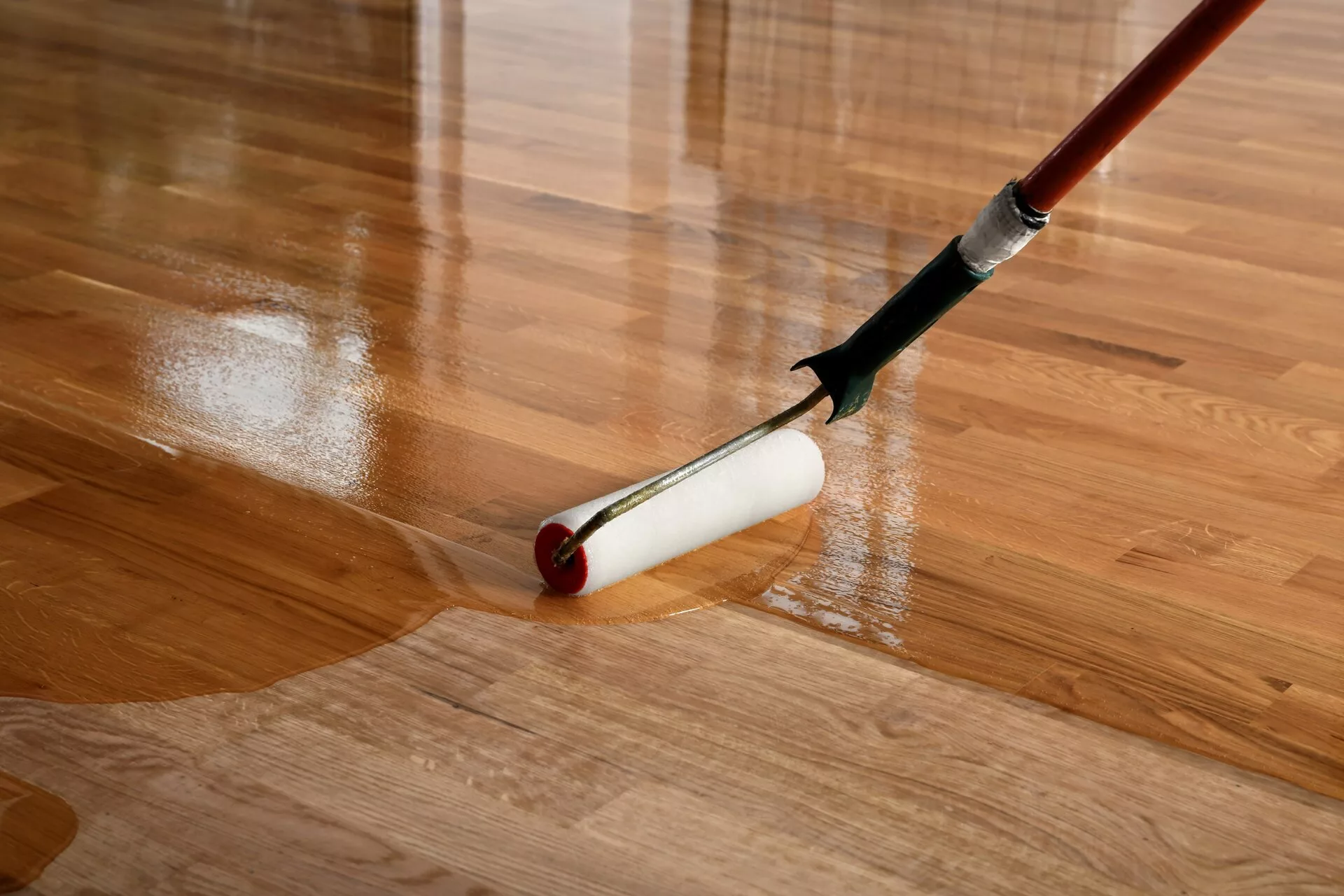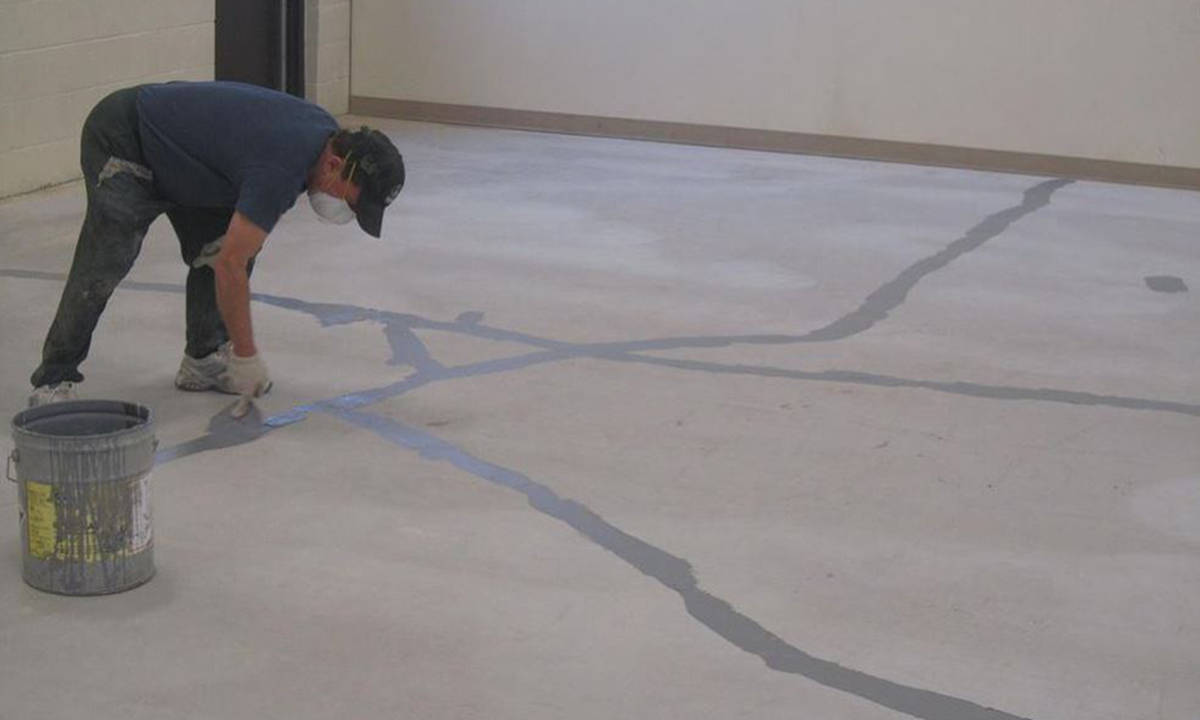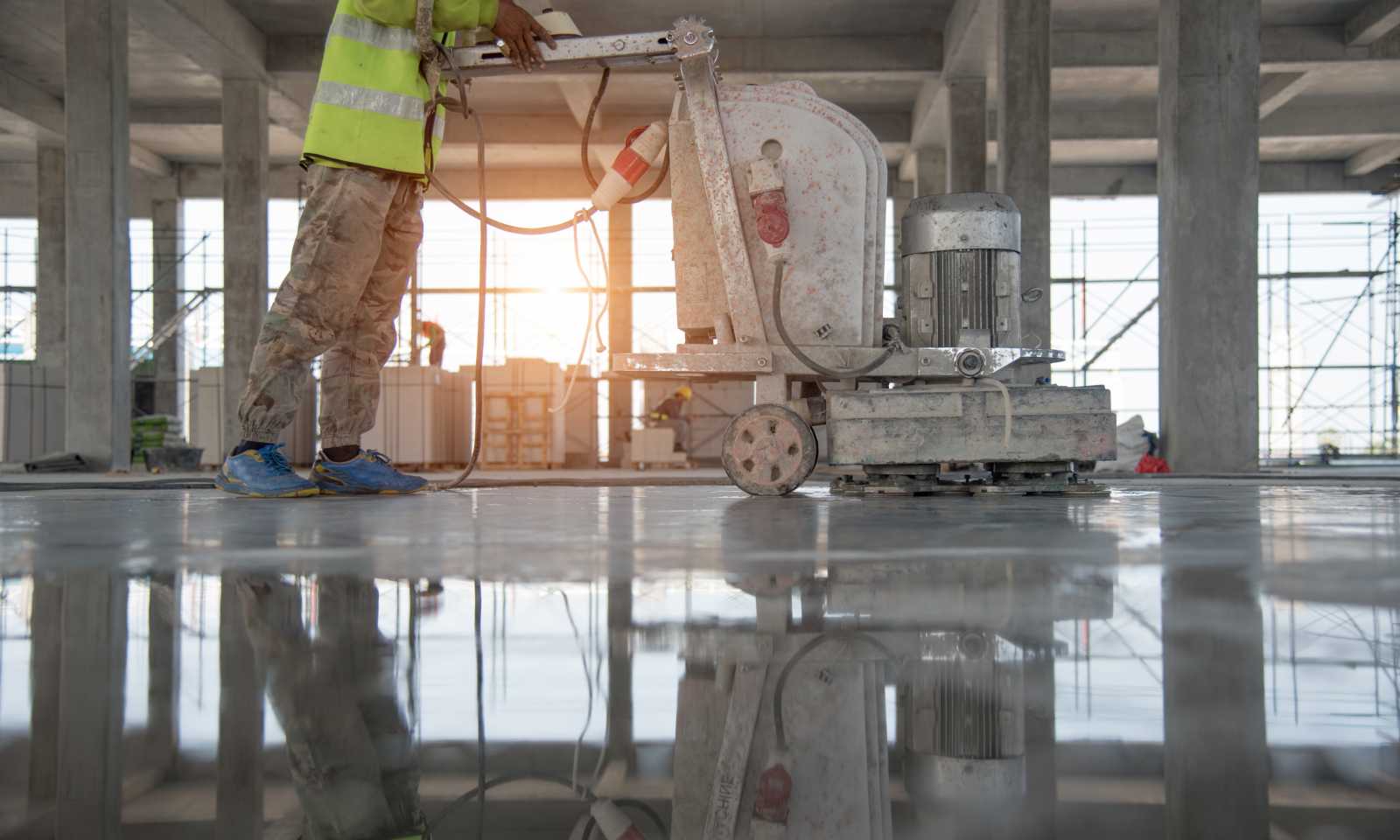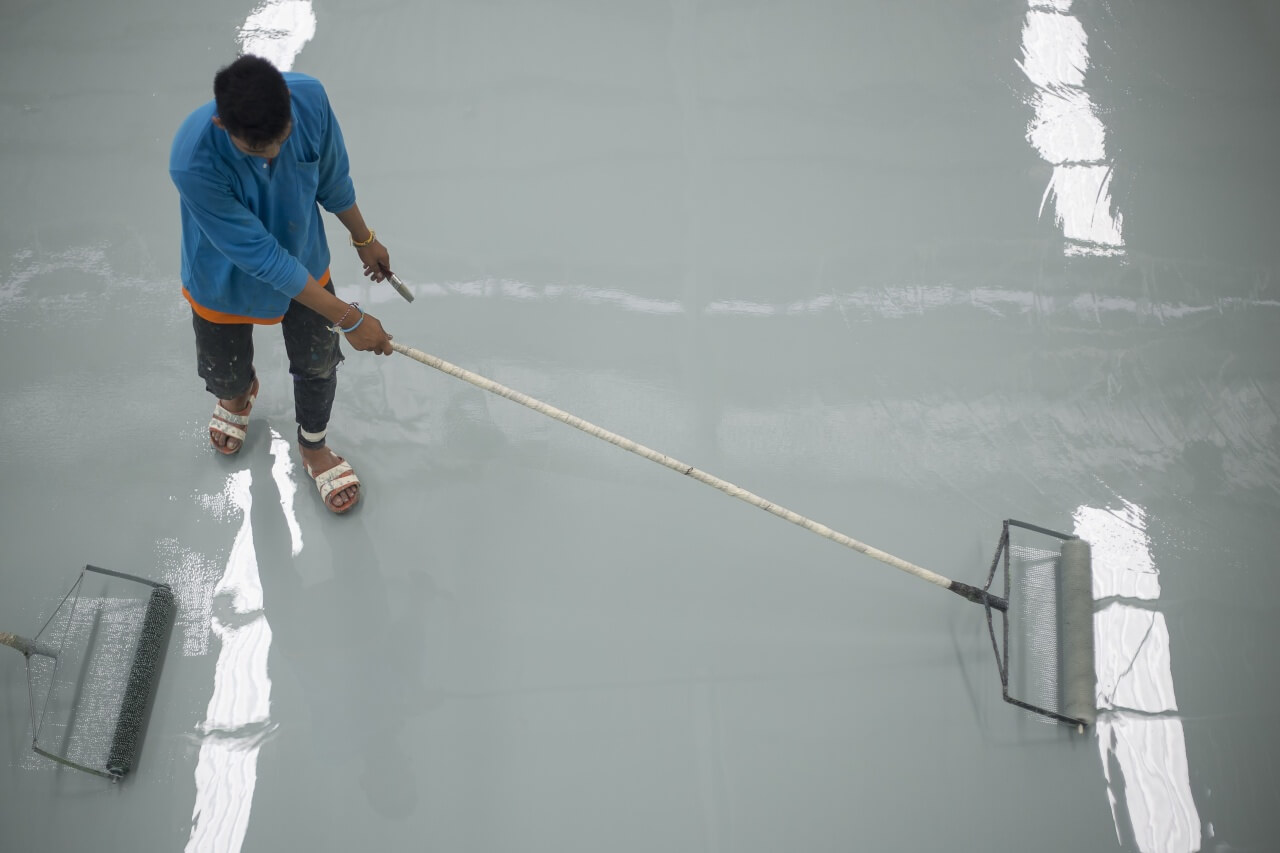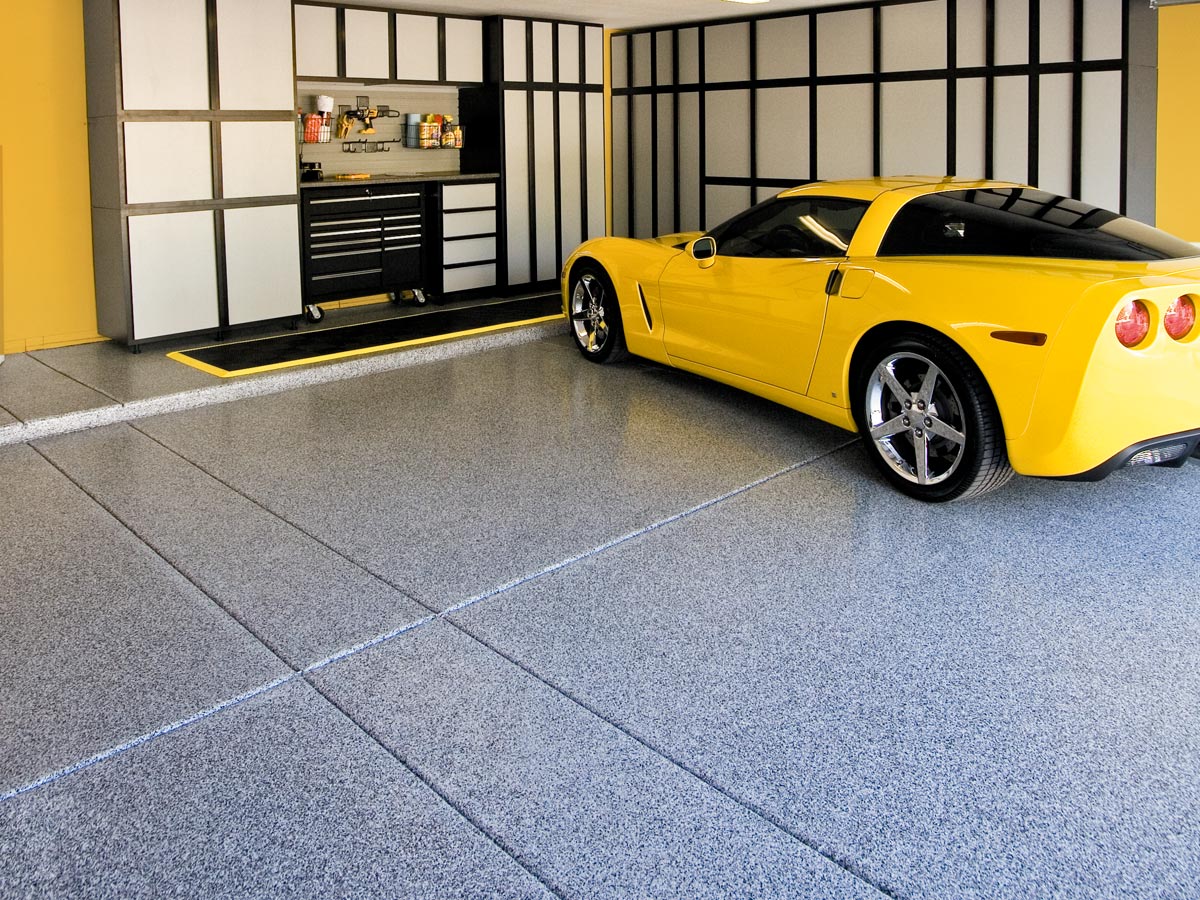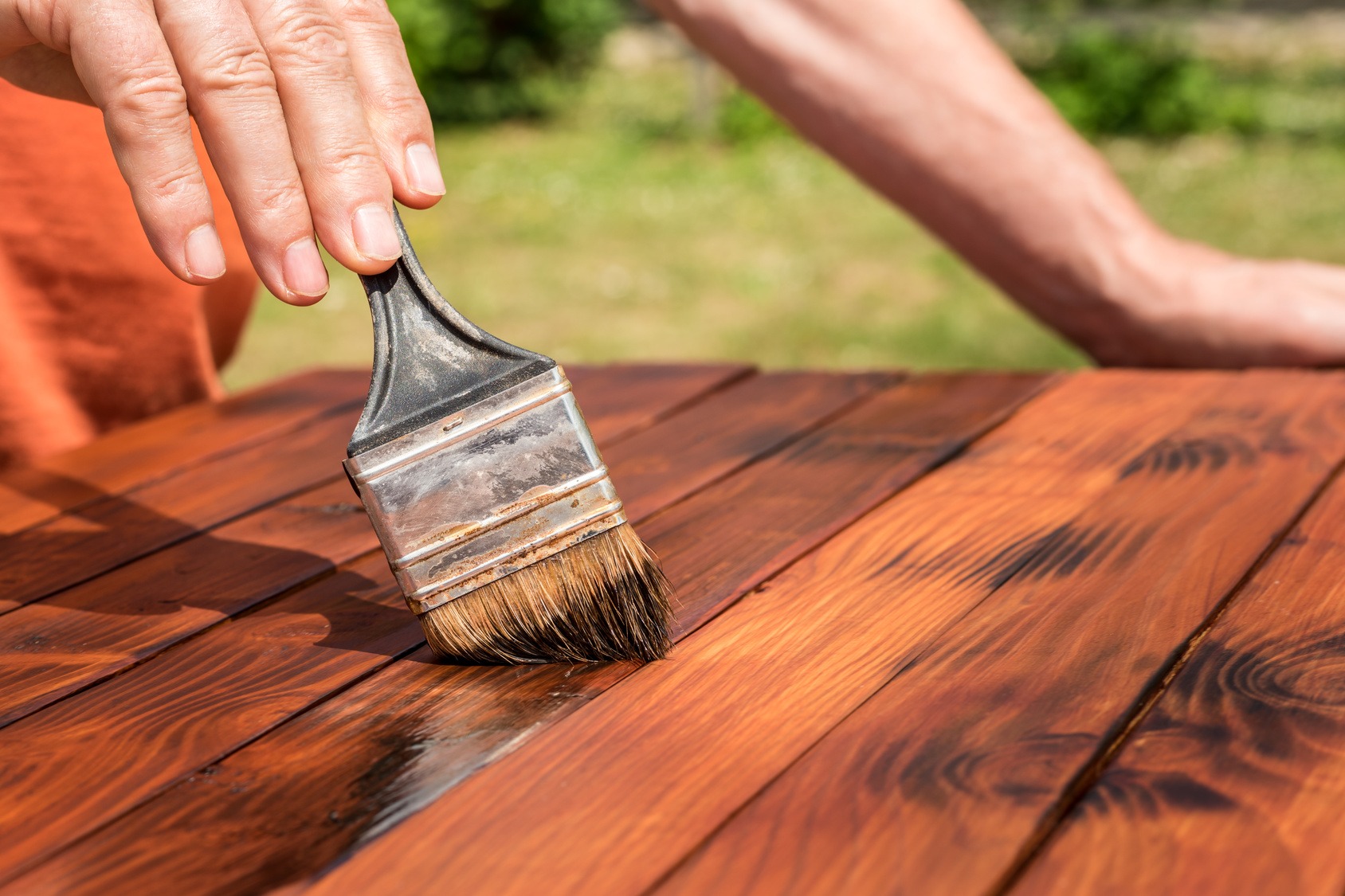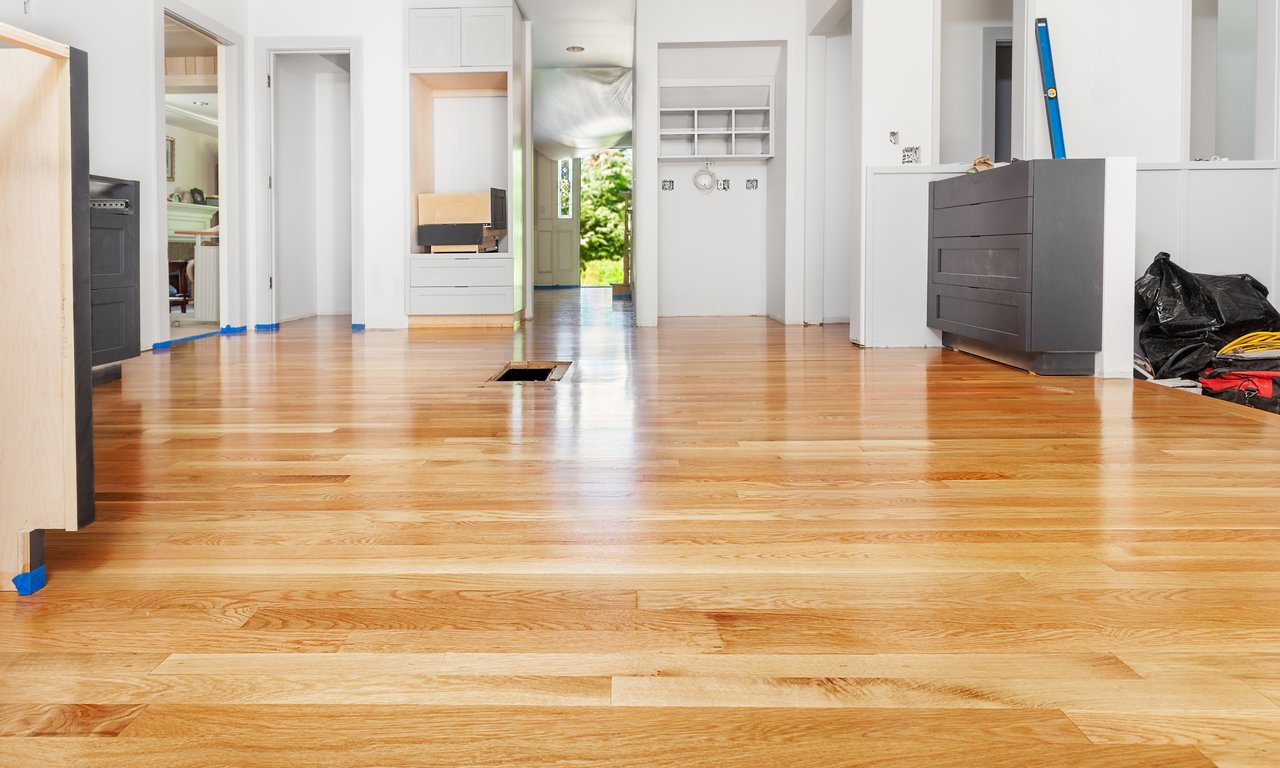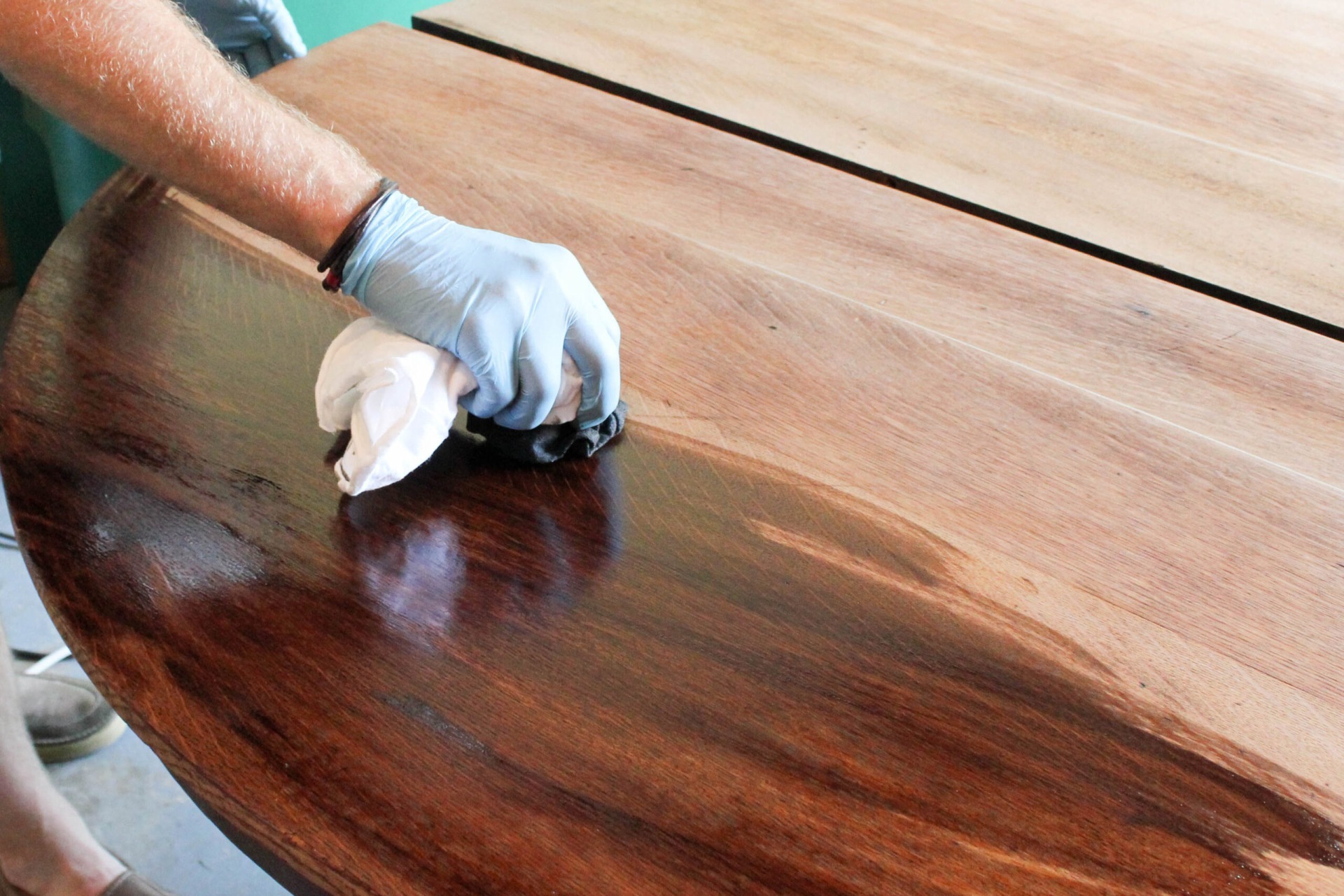The Importance Of Anti-Static Flooring Installation
In many places, like factories or labs, floors can get electrically charged. This charge can harm sensitive equipment or even people. To stop this, we use anti-static floor coating. Industries that handle electronics or chemicals consider it crucial. When installing this flooring, we need to think about some important things. First, the material matters a lot. It should conduct electricity but not too much. Then, the environment is crucial too. Humidity levels can affect how well the flooring works. Furthermore, one must carefully perform the installation process. Any mistakes can make the flooring less effective. Finally, regular maintenance is necessary. Over time, the flooring can wear out, losing its anti-static properties. Considering these factors, we can ensure the anti-static flooring works well. It keeps everyone safe and protects sensitive equipment from damage.
Key Factors To Consider When Installing Anti-Static Flooring
Environment And Application Assessment
When thinking about adding anti-static floor coating, we need to talk about the place where it will go. We have to look at things like what kind of work happens there. We also consider if stuff is easily damaged by electricity. We also consider how many people walk around. It's important to make sure the flooring matches the needs of the place. We want to avoid putting in something that won't work well. So, understanding the environment is key. If it's a busy place with lots of people moving about, we might need a stronger type of flooring. And if there's sensitive equipment around, we want to keep that in mind. By thinking carefully about where the flooring is going, we can make sure it does its job well. That way, we keep things safe and running smoothly for everyone in the area.
Electrostatic Discharge (ESD) Protection
Electrostatic discharge protection is really important to prevent damage to electronic stuff. Static electricity can ruin electronic devices. It moves from one thing to another and does so. That's why we need to make sure our gadgets are safe. Many rules and guidelines tell us how to do this properly. These rules help us follow the right steps to protect our devices. Following these rules keeps our devices safe from harm. It's like putting on armor to defend against invisible enemies. Understanding these rules helps us keep our gadgets safe and working well.
Material Composition And Types Of Anti-Static Flooring
When thinking about anti-static floors, there are various materials to consider. Vinyl, rubber, epoxy, and carpet tiles are common choices. Each type has its unique features. It's crucial to understand the differences between static dissipative and conductive flooring. Static dissipative floors help reduce static electricity but don't conduct it. But, conductive floors conduct electricity to the ground. Knowing these differences helps in choosing the right type for specific needs. Understanding the material and types of anti-static flooring helps. It lets you make informed decisions for static control. This is true in many settings.
Types Of Anti-Static Floor Coating
Anti-static floor coatings are designed to dissipate electrostatic charges. This is vital for places sensitive to static electricity. Such places include data centers, electronics plants, and hospitals. The material composition and types vary to suit diverse needs:
Vinyl Composition Tile (VCT):
Consists of vinyl and additives to enhance conductivity, offering durability and affordability.
Electrostatic Discharge (ESD) Carpet Tiles:
Utilize conductive fibers or backing materials to discharge static electricity.
Conductive Vinyl Flooring:
Contains carbon fibers or metalized additives for enhanced conductivity, often used in cleanrooms.
Static-Dissipative (SD) Flooring:
It resists static electricity. It prevents static charges. It is common in electronics manufacturing.
Epoxy Resin Flooring:
It includes conductive properties. These come from additives like carbon or metals. They provide durable solutions without seams.

Flooring System Components
Let's talk about the other things needed for the special floor. We need sticky stuff called adhesives and soft layers called underlayments. There are also grounding things to keep the floor safe. It's very important that everything works together well and gets put in the right way. If they don't, the floor might not work like it should. So, we have to make sure everything fits and gets done right. That's how we keep our special floor working nicely. We don't want any problems, right? So, let's do it carefully!
Maintenance And Cleaning Requirements
To keep your anti-static flooring working well for a long time, think about how to care for it. Different types of floors may need different cleaning stuff or ways to keep them clean. Some floors might need gentle cleaners, while others may need stronger ones. It's crucial to know what works best for your floor type. Regular cleaning can help maintain its effectiveness in preventing static electricity buildup. Understand your flooring's maintenance and cleaning. Follow the rules for its material. This will keep it in good condition and keep its anti-static protection. Properly caring for your flooring can help it last longer. It also keeps your space safer.
Compliance With Standards
Choosing the right anti-static flooring is crucial to ensure it meets industry rules. Standards like ANSI/ESD S20.20 and IEC 61340 are significant. These regulations help guarantee safety and effectiveness. By complying with these standards, coating manufacturers ensure their products are reliable. It's important to understand the importance of these guidelines. They ensure that the flooring is suitable for its intended use. Non-compliance can lead to various issues. For example, it might affect the safety of workers or damage sensitive equipment. So, when selecting anti-static flooring, it's essential to consider these standards. This ensures that the flooring stops static discharge. It also meets all safety requirements. So, coating manufacturers must prioritize adherence to industry standards to provide high-quality products.
Expert Installation
It's important to work with experts when fitting anti-static floors. They make sure everything is set up correctly. If it's not done right, the floor's protection won't work well. Experts know all the details and can prevent problems. Being certified means they're good at their job. They keep everything safe and working smoothly. With their help, the ESD protection lasts a long time. It's not just about putting in a floor, it's about making sure it does its job right. Trusting experts means knowing sensitive equipment stays safe. So, always rely on certified installers for the best results.
Prioritizing Protection Against Electrostatic Discharge (ESD)
It's important to summarize what we've learned about installing anti-static flooring. Remember, the key points include considering your environment and needs carefully. It's crucial to prioritize protection against electrostatic discharge (ESD). By choosing the right flooring solution, you can safeguard your space effectively. Whether it's a commercial or industrial setting, ESD protection should be a top concern. So, take the time to assess your requirements thoroughly. Don't hesitate to seek expert advice if necessary. With the right approach, you can ensure a safe and secure environment for yourself and others. Let's all work together to mitigate the risks of ESD and create a safer workspace for everyone.


